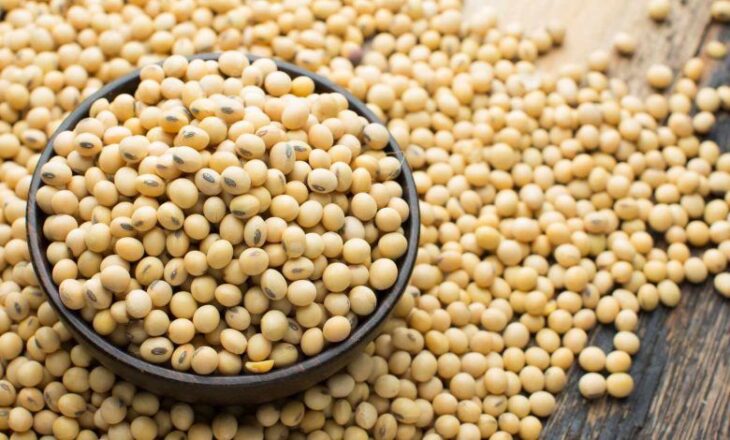The United States and Nigeria have deepened collaboration to tackle Nigeria’s growing protein deficiency through strengthened agricultural trade, focusing on US soybean exports.
At the “Nigeria: NOW” conference hosted in Lagos by the US Soybean Export Council, stakeholders from both the public and private sectors, including poultry producers, nutritionists, and agribusiness executives, gathered to explore solutions to the country’s protein gap.
According to a statement, Acting US Consul General, Lagos, JoEllen Gorg, described the event as “a pivotal milestone in creating a pathway for mutual prosperity and shared economic success.”
She said, “By addressing Nigeria’s protein gap, fostering innovation, and promoting best practices, the U.S. Soy industry is helping to build a resilient agricultural sector in Nigeria, ensuring long-term food security and economic stability.”
Gorg noted that the US Mission in Nigeria would continue to support efforts to link US agribusinesses with local firms, noting, “This partnership is crucial in helping export-ready US companies build business relationships with Nigerian agribusinesses, training Nigerians in new agricultural practices, and promoting the use of US soy in Nigeria’s feed and food industries.”
Prominent Nigerian stakeholders at the event included former President Olusegun Obasanjo, Oyo State Governor Seyi Makinde, and Lagos State Commissioner for Agriculture & Food Systems, Abisola Olusanya. The US consulate affirmed that the Nigerian leaders’ participation underscored the importance of the US–Nigeria collaboration in bridging the country’s nutritional deficits.
Citing nutrition data, the consulate noted that with over 236 million citizens, Nigeria’s average protein consumption is just 45.4 grams per person per day, well below the global average of 64 grams and the FAO’s recommended 60 grams. It added that the USDA Foreign Agricultural Service estimates Nigeria’s 2023/24 soybean production at 1.15 million metric tons, far short of domestic demand, especially for animal feed.
Due to this gap, Nigeria resumed imports of US soybeans in 2024, bringing in 62,100 metric tons after a six-year hiatus. Stakeholders at the conference described this move as a promising sign of future growth in agricultural trade.
Chief Executive Officer of USSEC, Jim Sutter, stressed the importance of trade to both economies, stating, “US Soy is at the forefront of collaborating with its partners as a reliable supplier.”
Also speaking, a generational US Soy farmer and United Soybean Board Director, Robert Alpers, said, “I’m proud to be playing my role in helping to feed the world sustainably. As US Soy farmers, we are committed to ensuring we produce more using fewer resources and reducing our environmental footprint.”
The conference highlighted how targeted trade initiatives, knowledge exchange, and trust-building between the two countries can ensure food security and help Nigeria meet its nutritional needs.
Follow us now for more news in Oyo State. Oyo Truth is an independent online news /medium reporting up-to-date events, happenings and activities related to Oyo State, Nigeria.






Leave a Reply